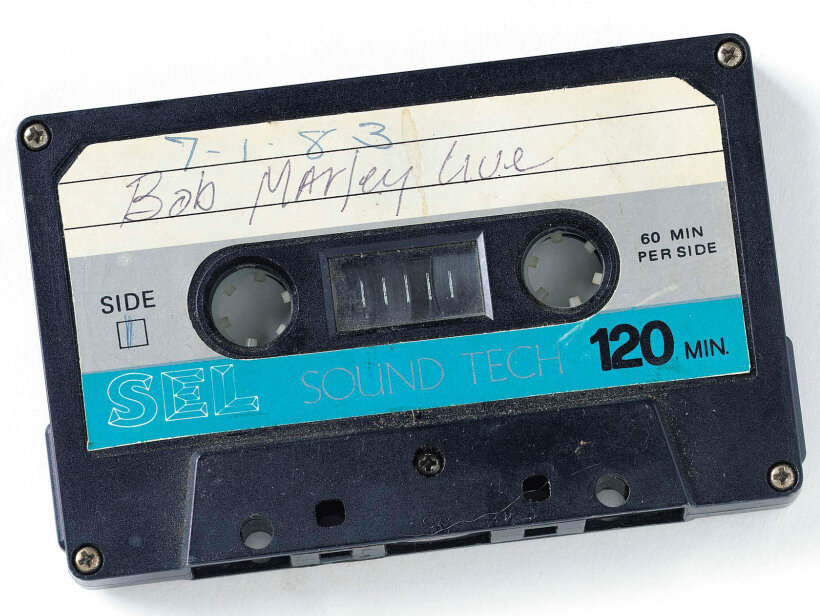Probably not, but maybe a little. Does that help?
It was, according to his critics, “hurtful,” “vindictive” and “unbefitting of the high office he holds.” But was House Speaker Dennis Bonnen’s June 12 meeting with conservative activist Michael Quinn Sullivan illegal?
In June, when Bonnen met with the hard-charging Tea Party activist, he asked Sullivan to stay out of, and get into, certain electoral battles — “help us out, and maybe kill off one or two or three [moderate Republican House lawmakers] that are never going to help” — and in return offered Sullivan media credentials for the news arm of his organization — “If we can make this work, I’ll put your guys on the floor next session.”
During that meeting — a recording of which was released to the public Tuesday — Bonnen seemed to blur the line between the official and the political. It prompted the Texas House General Investigating Committee, which has subpoena power, to request a probe by the state’s elite investigative unit, the Texas Rangers.
With that investigation ongoing and little word from Brazoria County District Attorney Jeri Yenne, who is expected to make the decision on whether to bring a criminal charge, there’s been ample room for speculation — which only escalated after the secret recording was made public Tuesday morning. In Capitol circles, the rule is generally: Don’t offer official tit for political tat. But whether the smudging of those boundaries constitutes criminal activity is a case-by-case consideration, a decision ultimately made by a prosecutor and, if it gets that far, a jury.
“With just the information we know at this time, it’s not clear that a crime was committed,” said Buck Wood, an Austin ethics lawyer who helped rewrite the state’s restrictions in the 1970s after a major political scandal. “But it’s also not clear that a crime wasn’t committed.”
See here for the background. Long story short, while the DPS is still doing its investigation, it seems unlikely that any criminal charges will ever result. The law in question is narrowly tailored to be about personal financial gain, and it would take a pretty broad reading of it to try to get an indictment. Unless there’s new evidence to uncover, I don’t see any danger for the Speaker here.
What about a civil case, though?
Democrats were in court in Travis County Tuesday pressing forward with their lawsuit arguing that Sullivan’s recording revealed serious violations of Texas campaign finance law. The party, along with state Rep. Ana-Maria Ramos, D-Richardson, sued Sullivan in August, demanding the release of the full recording of the meeting.
The lawsuit was also filed against an “unknown political committee” that the lawsuit said includes Bonnen and Burrows. But the two lawmakers are not named defendants. At the hearing, attorney Chad Dunn argued for the Democratic Party that the newly released recording confirms there was discussion in the Capitol about political spending and requested the release of more documents about the meeting.
He said if the judge orders the information released, the party will use those documents to decide if Bonnen and Burrows should also be named as defendants in the lawsuit.
Under Texas election law, a political contribution can’t be made or authorized inside the Capitol. A violation of the law could result in up to a year in jail and a $4,000 fine. In civil court, it could mean having to pay back targeted candidates or opposing PACs. Dunn said the recording contains “a whole lot of authorizing.”
“If we live in a state of laws, there’s not going to be private conversations with the Speaker in the people’s Capitol authorizing illegal political contributions and expenditures,” he said.
Roark said in the August memo to the Texas Rangers that there was no political contribution authorized at the June meeting, so the law was not applicable in this case.
See here for the background. I don’t have enough information to make a reasoned guess about this one. I will say, one thing the next Lege could do is review the existing laws on what constitutes bribery and political contributions, to see if they could be improved. That would never get through Dan Patrick’s Senate, but as was the case with ethics-related bills last session, it would still be worth the effort. Would be more likely to happen with a different Speaker, that much is for sure.

